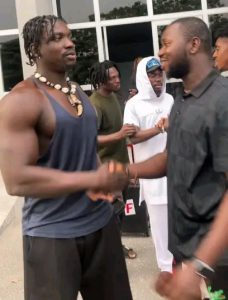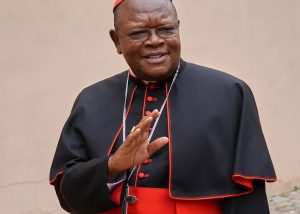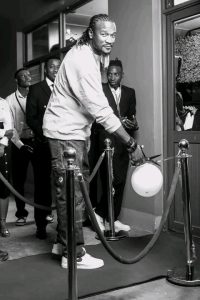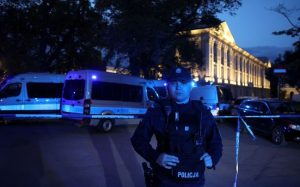Congo army reclaims key areas from M23 rebels
3 min readThe Congolese army has announced significant military progress in its ongoing conflict with the M23 rebel group in the eastern regions of the Democratic Republic of Congo (DRC). Over the weekend, the Congolese military reported that it had successfully reclaimed several key towns in North and South Kivu provinces, regions that had been under M23 control.
Guillaume Ndjike Kaiko, a spokesperson for the Congolese army, confirmed these gains, stating that the military had pushed back M23 forces from multiple areas. He assured the public that despite the ceasefire in place, the army would continue to respond decisively to any attacks on their positions or civilians. Kaiko also emphasized that if the Rwandan military continues to target Congolese positions or civilians, the Congolese armed forces retain the right to retaliate.
The resurgence of violence in eastern DRC has raised concerns internationally, particularly regarding the role of Rwanda in the conflict. The M23 group, a predominantly Tutsi rebel faction, emerged in 2012 and briefly took control of Goma, a key city located on the DRC’s border with Rwanda. The group derives its name from a peace agreement signed in March 2009, known as the “March 23 Agreement.” M23 claims that the Congolese government failed to implement the terms of the agreement, which led to the group’s initial rebellion.
The group remained dormant for several years but reappeared in late 2021, quickly advancing and seizing vast areas of eastern Congo. As fighting escalated, the United Nations raised concerns about Rwanda’s involvement in the conflict, alleging that the Rwandan government was providing support to the M23 rebels. Rwanda has consistently denied these accusations, stating that it has only provided humanitarian assistance to those affected by the violence and has not engaged in military action.
These allegations were addressed by Rwandan President Paul Kagame, who called for negotiations between the DRC government and M23 representatives. Kagame urged both sides to seek a peaceful resolution to the ongoing conflict. However, the situation remains tense, and international calls for dialogue continue to grow.
The United Nations’ report from last year, which cited evidence of Rwandan soldiers fighting alongside the M23 forces, has intensified the diplomatic standoff between Rwanda and the DRC. Despite these claims, Rwanda maintains that it has no military presence in the region and continues to support the peace process by facilitating humanitarian aid to displaced populations.
The conflict has resulted in severe humanitarian consequences, with hundreds of thousands of people displaced by the violence. Both the DRC government and the international community have expressed deep concerns over the plight of these displaced individuals, many of whom have been caught in the crossfire between the Congolese military and M23 rebels.
As the conflict unfolds, the DRC government has reiterated its commitment to defending the country’s sovereignty and ensuring the safety of its citizens. The government insists that it will not tolerate external interference and will continue to engage in military operations against the M23 rebels. However, the growing pressure from international actors to seek a diplomatic resolution suggests that military action alone may not be sufficient to end the violence.
The situation in the DRC remains fluid, with both military and political developments continuing to unfold. The United Nations, humanitarian organizations, and regional stakeholders are closely monitoring the crisis, calling for a peaceful resolution and increased humanitarian aid to address the mounting needs of displaced populations.
With the Congolese army making significant strides against the M23 rebels, the hope remains that the situation may eventually stabilize, but tensions continue to simmer, and the broader regional implications of the conflict are far from clear. The involvement of neighboring countries, as well as the influence of external actors like the United Nations and regional powers, will likely play a key role in shaping the future of the DRC and its ongoing battle to secure peace and stability in its eastern provinces.






